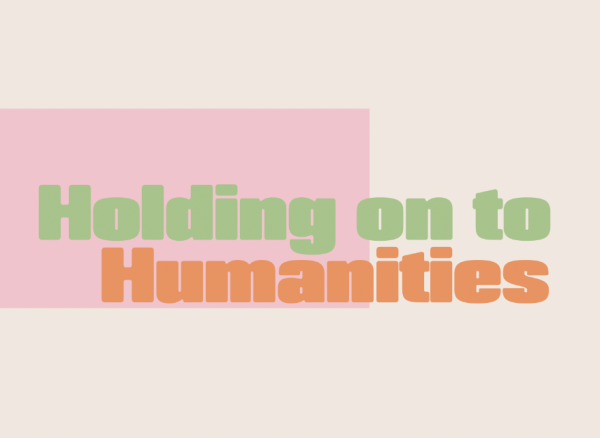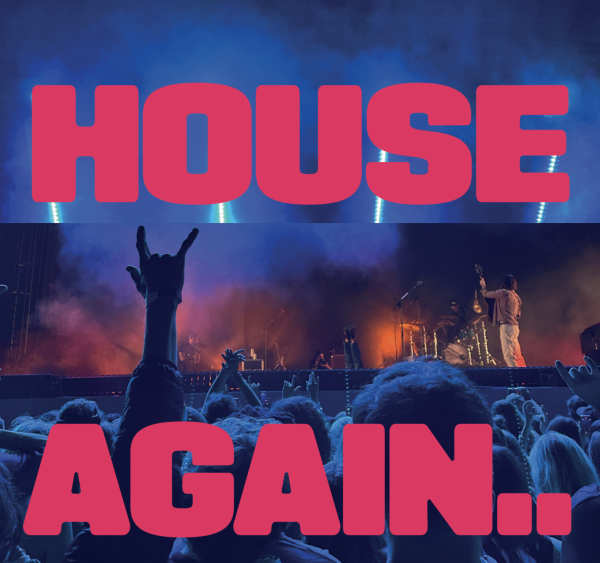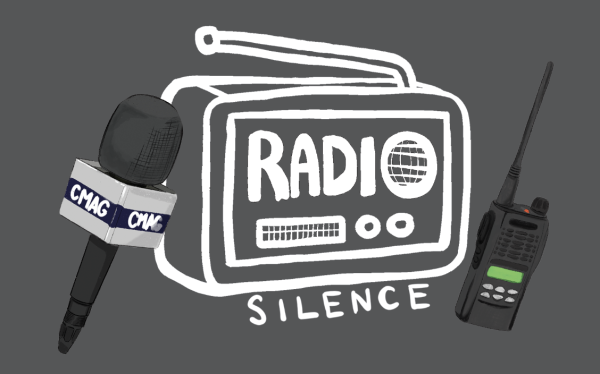Tweet, tweet.
A look into the role played by social media in the world of politics.
As social media has evolved, our world, lifestyle and political climate have evolved with it. With the emergence of Twitter and other social media platforms, public perception of politics has changed forever. Social media is here to stay and it will continue to dictate our elections, foreign affairs and every political issue we encounter.
The majority of our nation’s presidential elections up until the 2000’s campaigns were conducted almost entirely through public speeches and various propaganda. When voters elected their candidates, their opinions were based on who the candidate was in real life, rather than their online presence. The candidates mannerisms and personality actually showed through, and voters used this to decide whether or not they want the candidate in office.
As the United States entered the 2008 election, more and more campaigning was done through social media platforms such as Facebook and Twitter. Candidates utilized these platforms to reach a breadth of people, publicizing their statements and campaign updates. Although the publicity of politics began changing, speeches and debates maintained their impact. Thus, the digital campaign was invented.
In the 2016 election, the political discourse switched chiefly to social media. Most well known for his tweets, President Donald Trump became famous for his aggressive and unfiltered online commentary and contention.
Without hesitation, he attacked opposing candidates on social media, calling them names and throwing insults, with no regard to their political affiliation. As ruthless as he may have seemed, the publicity he gained very well could have been a contributor to his election.
Social media doesn’t only influence politics in the United States. Recent international discussions have been brought to light through social media, including North Korea’s declaration of war, prompted by President Trump’s tweet that reads: “Just heard Foreign Minister of North Korea speak at U.N. If he echoes thoughts of Little Rocket Man, they won’t be around much longer!” This tweet, in response to North Korea proclaiming that they have nuclear weapons, shook both the political world and North Korea. The prospect that a country would declare war over the internet would have been absurd years ago, but today it did not surprise many. The extent that politics has been dictated by social media is far beyond what anyone expected.
Social advocacy has also taken advantage of both the versatility and accessibility of multimedia platforms. Movements like “Black Lives Matter,” the Dakota Access Pipeline protests and the Women’s March have roots in social media. Platforms allow activists to share their opinions in order to find like minded people.
The hashtag #BlackLivesMatter has been used in over six million instagram posts, and countless tweets, which indicates the vast following of the movement. This movement is almost entirely fueled by its presence on social media and its power is generated by people all over the country discussing injustice over the internet.
Beginning in early 2016 when the Dakota Access Pipeline in Standing Rock, North Dakota, was being protested, Facebook users from around the nation ‘checked in’ at the protest site using Facebook. The intention was to divert the cops from identifying protesters because the check in function could no longer aid the authorities to accurately identify the protesters who were actually at Standing Rock. Although small, this virtual act of solidarity aided in catching the attention of international media and news outlets.
The Women’s March benefitted from social media outlets as protesters and activists were able to communicate and promote the movement. Theresa Shook, the woman credited with the idea of a Women’s March, began her promotion for the walk by creating a Facebook event page, gaining a over 10,000 responses by the next morning.
Photojournalism and videography also have a presence in America’s political climate. During the recent riots and protests in Charlottesville in August of 2017, a video of a car being driven into a crowd of counter-protesters shot by Brennan Gilmore went viral, attracting more attention to the unrest in Charlottesville and fostering support for the counter-protestors as well as the victims of the crash. The popularity of the video shed a light on Heather Heyer, the young woman who died in the riots.
In recent years, social media has transformed the the world’s political climate and it continues to do so. Through the opening of these new channels of communication, governmental procedures, political activism and international relations have forever been transformed, and continue to change regularly. Social media is constantly evolving and as long as the trend continues, politics will be continue alter in unimaginable ways.






